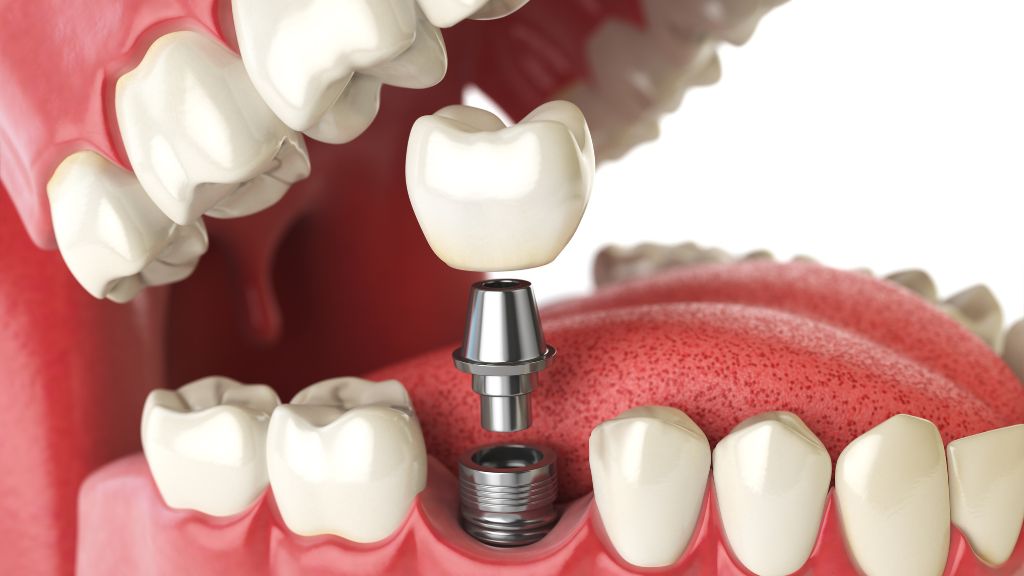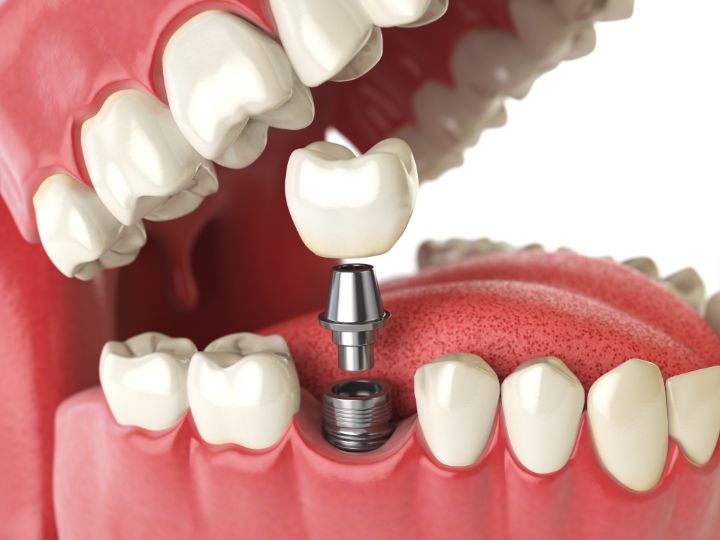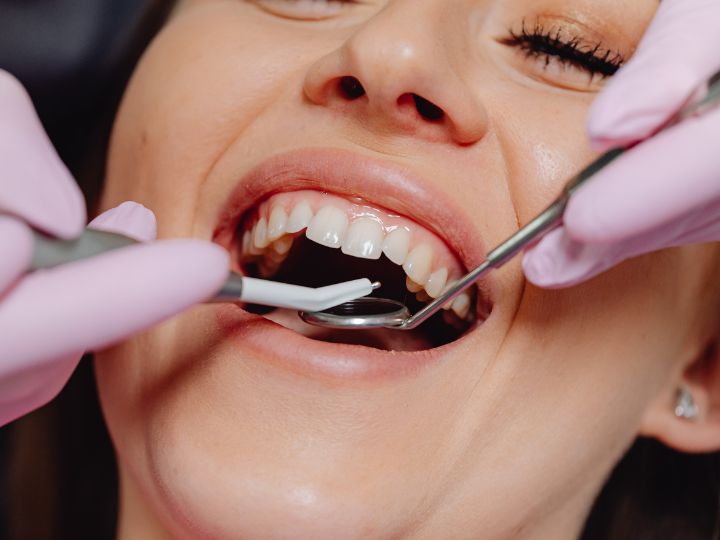Full Mouth Dental Implants: Procedure and Costs

Strong 8k brings an ultra-HD IPTV experience to your living room and your pocket.
If you’re facing significant tooth loss or dental problems affecting your entire mouth, full mouth dental implants may be the ideal solution. This advanced treatment can restore both the function and appearance of your smile, allowing you to eat, speak, and smile confidently again. However, it’s important to understand the procedure involved and the costs you might expect. In this blog, we’ll break down everything you need to know about full mouth dental implants—from the step-by-step process to the factors influencing pricing.
What Are Full Mouth Dental Implants?
Full mouth dental implants replace all the teeth in either the upper jaw, lower jaw, or both. Instead of relying on traditional dentures, this method uses multiple titanium implants inserted directly into the jawbone. These implants act as sturdy anchors to support fixed dental prosthetics, such as bridges or implant-supported dentures. Because the implants fuse with your jawbone in a process called osseointegration, they provide a stable, long-lasting foundation that feels and functions much like natural teeth.
The Step-by-Step Procedure for Full Mouth Implants
Getting full mouth dental implants involves several stages. Each step is essential to ensure the best results and a healthy, functional smile.
1. Initial Consultation and Assessment
Your first visit will include a comprehensive dental examination. The dentist will review your medical history and perform scans such as X-rays or 3D imaging to evaluate your jawbone’s health and structure. This assessment helps determine whether you’re a suitable candidate and allows the dentist to plan the implant placement precisely.
2. Preparatory Treatments (If Needed)
Not everyone can proceed straight to implants. Some patients may require preparatory treatments like tooth extractions, bone grafts, or sinus lifts to strengthen or rebuild the jawbone. These procedures help create a stable base to support the implants and improve the likelihood of successful osseointegration.
3. Implant Placement Surgery
During this procedure, the implants—small titanium posts—are surgically inserted into your jawbone under local anaesthetic, often with sedation available to ensure comfort. Depending on your case, about 4 to 6 implants per arch are placed strategically to support the full dental prosthesis. In some cases, a temporary set of teeth can be attached immediately or shortly after the surgery.
4. Healing and Osseointegration
After surgery, a healing period of three to six months is necessary. During this time, the implants fuse with the jawbone, securing their position firmly. Osseointegration is key to the durability and success of your implants. Temporary dentures or prosthetic teeth may be worn to maintain function and aesthetics while healing.
5. Attaching Abutments
Once the implants are fully integrated, small connectors called abutments are attached. These act as the link between the implants and the final dental prosthetics.
6. Final Prosthetic Placement
Your custom-made dental bridge or denture is then fixed securely onto the abutments. The result is a natural-looking, functional set of teeth that restore your smile completely.
What Affects the Cost of Full Mouth Dental Implants?
The total cost can vary widely based on a number of important factors:
Number of Implants Required: More implants mean higher material and surgical costs. Some techniques, like the All-on-4 method, use fewer implants and may reduce expenses.
Preliminary Treatments: If you need tooth extractions, bone grafts, or sinus lifts, these additional procedures add to the overall cost.
Type of Prosthetic Teeth: Fixed bridges are typically more expensive than removable implant-supported dentures, but they offer a more permanent solution.
Dentist’s Expertise and Location: Experienced implant specialists and clinics in major cities like Sydney or Melbourne may charge more for their high-quality services.
Typical Cost Range in Australia
For full mouth dental implants, you can expect to pay anywhere from $20,000 to $50,000 per arch. The exact price depends on your unique case and the treatments involved. It’s important to request a detailed treatment plan and cost estimate from your dentist to understand what is included and avoid surprises.
Is It Worth the Investment?
While the initial cost of full mouth implants might seem high, many patients find that the benefits outweigh the price. Implants provide unmatched durability, improved oral health, and a natural feel that dentures alone can’t offer. They can also prevent bone loss, improve speech, and boost self-confidence. When cared for properly, dental implants can last a lifetime, making them a wise long-term investment in your health and quality of life.
Tips for Managing the Cost
Check Your Health Insurance: Some private health plans offer coverage or rebates for implant treatments.
Explore Payment Plans: Many dental clinics provide flexible financing options to make treatment more affordable.
Get Multiple Opinions: Consult with a few implant dentists to compare costs, services, and comfort level before proceeding.
In summary, full mouth dental implants offer a life-changing solution for those struggling with missing or damaged teeth. By understanding the full procedure and what affects costs, you can approach treatment with confidence. Always choose a qualified implant dentist who can guide you through the process and provide personalised care for your best results.
Note: IndiBlogHub features both user-submitted and editorial content. We do not verify third-party contributions. Read our Disclaimer and Privacy Policyfor details.







